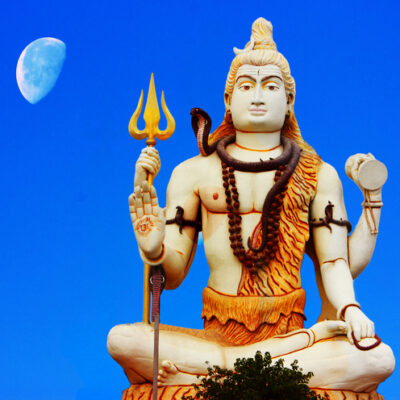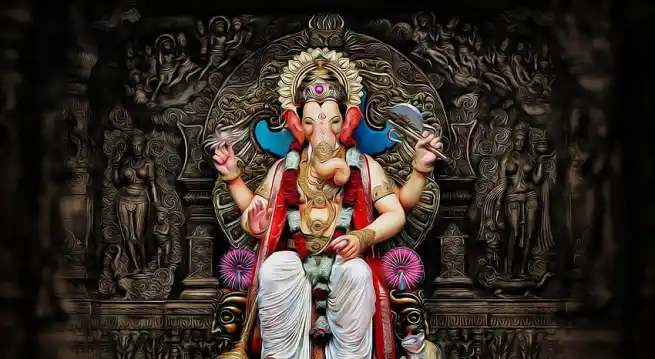Yogimallavaram Parasareswarar Swamy Temple, Andhra Pradesh

Address
Yogimallavaram Parasareswarar Swamy Temple, Andhra Pradesh
Yogimallavaram, Tirupathi,
Andhra Pradesh 517501
Moolavar
Parasareswarar Swamy
Amman
Kamakshi Amman
Introduction
The Parasareswarar Swamy Temple is a sacred Lord Shiva temple located in Yogimallavaram, near Tirupati and Tiruchanur in Chittoor District, Andhra Pradesh, India. This ancient temple is believed to be over 1500 years old and was built by the renowned Chola Emperor Rajaraja Chola I. The temple is also known as Parasareswaram, after the installation of the Shiva Lingam by Parasara Maharishi, making it a site of great spiritual significance. The presiding deity of the temple is Parasareswarar Swamy (a form of Lord Shiva), and the goddess is Kamakshi Amman. This temple is one of the five ancient Shiva temples situated along the banks of the Swarnamukhi River.
Puranic Significance
- Location: The temple is situated on the northern banks of the Swarnamukhi River, with two entrances: one facing South and the other East. Devotees typically enter through the East-facing entrance. The temple is significant for its association with the legend of Arjuna and Lord Shiva.
- Arjuna’s Penance: According to the legend, Arjuna, one of the Pandava brothers, performed intense penance at this site to obtain the mighty Pasupatastra, a divine weapon granted by Lord Shiva. It is said that Lord Shiva appeared in the form of a hunter (Mallu) to test Arjuna’s capabilities before granting his request, marking the sacredness of Yogimallavaram. The name Yogimallavaram is derived from Yogi (Arjuna) and Mallu (Lord Shiva as Hunter).
- Parasara Maharishi’s Contribution: The temple’s establishment is attributed to Parasara Maharishi, who is the grandson of Vasishta Maharishi and the son of Sakthi and Adrusyanthi. Parasara Maharishi, after losing his father at a young age, was raised by his grandfather Vasishta Maharishi. It is said that Parasara Maharishi performed penance for Lord Shiva to reunite with his father in heaven. Lord Shiva, pleased with his devotion, granted his wish and appeared before him, leading to the installation of the Shiva Lingam at this site. Hence, the deity here is called Parasareswarar Swamy, in honor of Parasara Maharishi.
- Inscriptions: The temple is home to several inscriptions dating back to the 11th to 13th centuries AD, adding to the historical and cultural significance of the temple.
Special Features
- Architectural Layout: The temple features a traditional architectural style and has two entrances, each serving a distinct purpose. The east-facing entrance is the primary one for devotees, and the temple is designed in alignment with the spiritual energy of the river and surrounding land.
- Sacred Lingam: The Shiva Lingam installed by Parasara Maharishi is the central feature of the temple, symbolizing the deep connection between the sage and Lord Shiva.
- Goddess Kamakshi: The temple also houses a shrine for Mother Kamakshi, who is revered as the goddess of grace and auspiciousness.
- Swarnamukhi River: The temple’s location on the banks of the Swarnamukhi River enhances its spiritual and healing significance, providing a serene atmosphere for devotees to engage in prayers and rituals.
Festivals
The temple celebrates major Shiva-related festivals such as Maha Shivaratri and other auspicious days related to Lord Shiva and Kamakshi Amman. Devotees from across the region visit to participate in the special rituals and to seek blessings from Parasareswarar Swamy and Kamakshi Amman. The sacred site is particularly revered for its historical and mythological significance.
https://tamilnadu-favtourism.blogspot.com





Century/Period
11th to 13th Century AD
Nearest Bus Station
Tiruchanur
Nearest Railway Station
Tiruchanur Station
Nearest Airport
Tirupati







